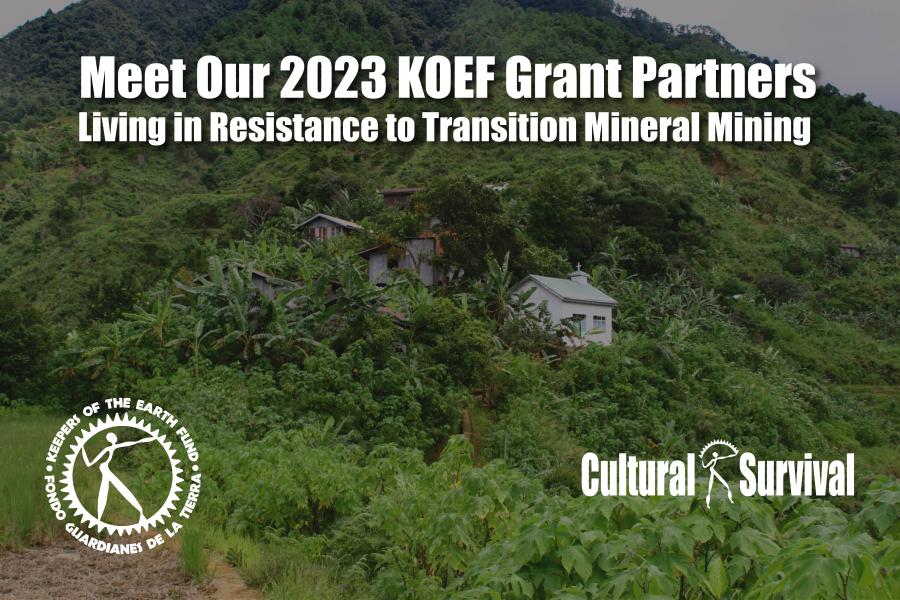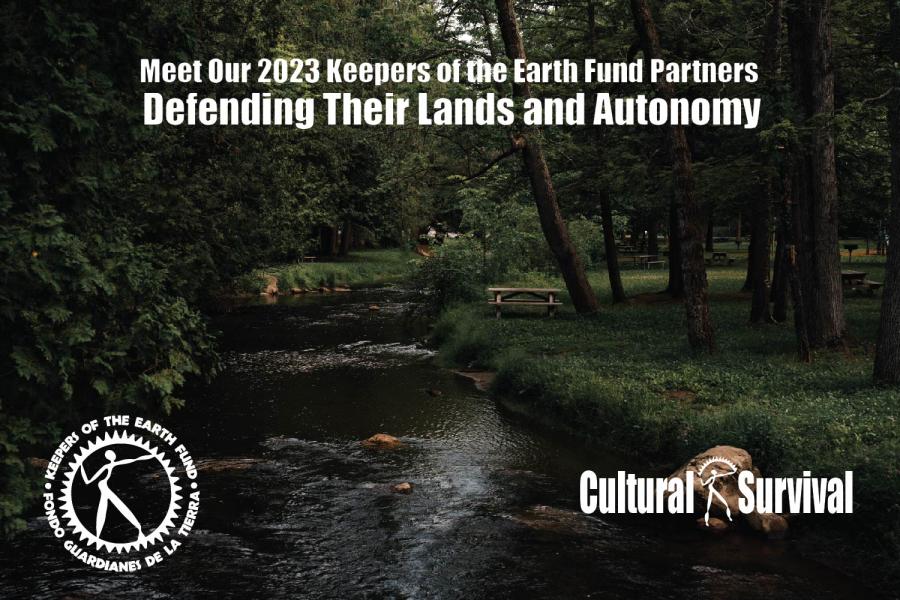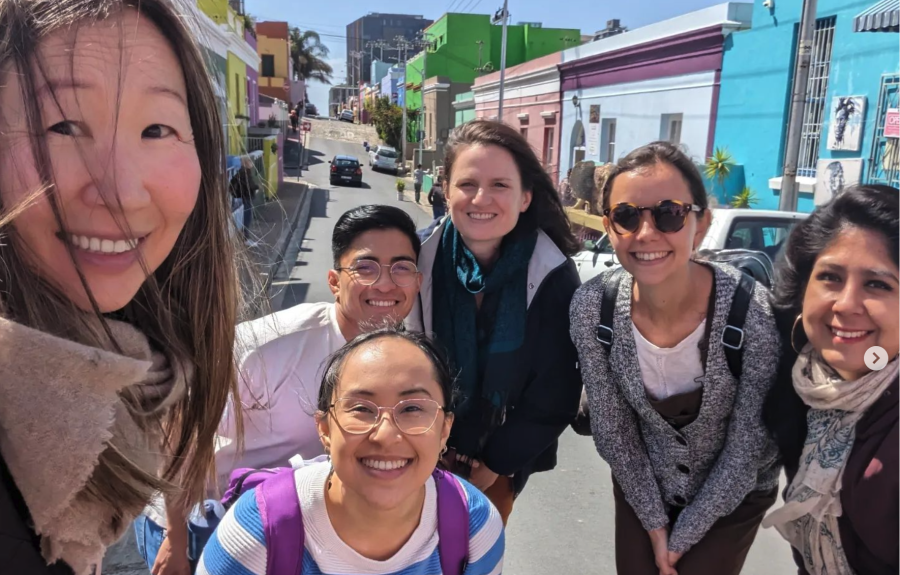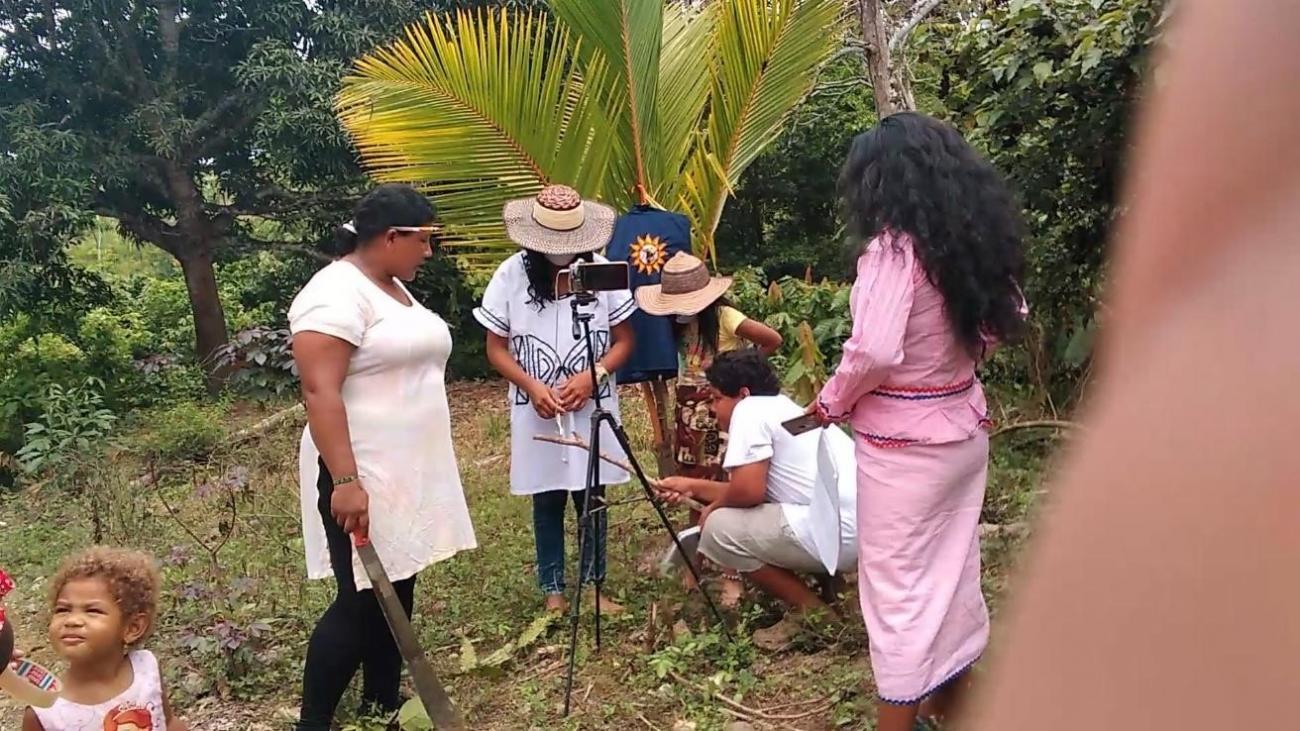
Although the COVID-19 pandemic continues to impact many Indigenous communities at different levels, Cultural Survival's Indigenous Community Media Youth Fellows are dedicated to making communication accessible for their communities, offering multilingual materials, facilitating workshops, and organizing trainings to continue to strengthen their cultures, traditions, languages, and stories while creating safe spaces for Indigenous youth and children’s leadership.
Our Fellowship Program supports young Indigenous leaders between the ages of 18-25, who are eager to learn about technology, program development, journalism, community radio, media, and Indigenous Peoples’ rights advocacy. This is the third year of the Fellowship Program, which has awarded grants to 33 youth to date. The capacity of the fellows is built through training, community radio station exchanges, and conference attendance.
This fellowship is an opportunity to assist fellows to represent the voices of their communities and bring awareness of local issues to global conversations through their proposed projects, all the while strengthening their cultural identities and leadership. Here’s what the 2021 cohort has been up to and the work they are doing in their communities:
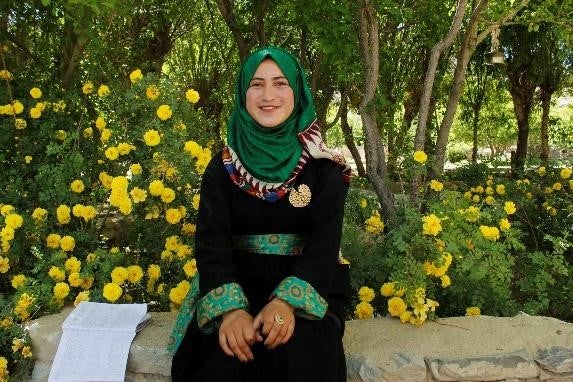
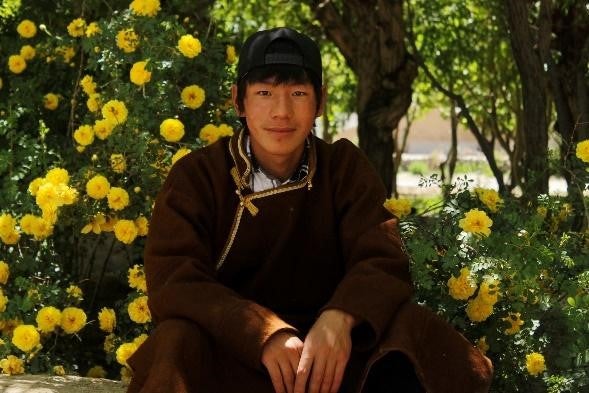
Ishey Angmo (Ladakhi) from North India
Ishey´s fellowship project, “Youth Empowerment through Media to Protect Indigenous Culture, Traditions, and Land,” is about capacity building for Ladakhi youth in Northern India in community media, radio programming, and audiovisual tools. Ishey published a newsletter where youth learned about editing, taking pictures, and how to create a newsletter. Seven youth are receiving training in operating a digital camera and about the process of broadcasting. Ishey designed a curriculum in community media and Indigenous Peoples’ rights, and both are new topics for the youth in Ishey’s community.
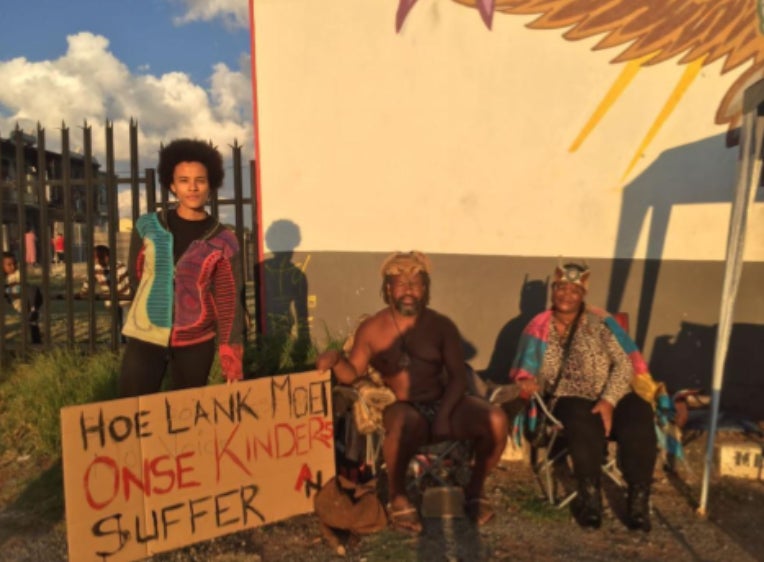
Sharri Cannell (Khoe San) from South Africa
Sharri´s fellowship project, “Indigi Youth Exchange Radio,” aims to unite Indigenous communities and youth through dialogues and discussions on Indigenous cultures, languages, and traditions to revitalize ancient practices and customs. Since May 2021, IYX Radio broadcasters have released 15 in-depth podcast interviews on various topics relevant to urban and rural Indigenous struggles and joys within Southern African communities. The first podcast, titled “Sima Luipert on The Namibian Genocide” was published on IYX Radio’s online soundcloud platform.
IYX Radio is also the only Indigenous radio station in South Africa to shed light on the injustices Indigenous leaders face. Recently there was an audio that was circulating in leadership circles making allegations about certain leaders, corruption within leadership and the structure of leadership amongst the Khoisan community. IYX Africa has been interviewing certain leaders about these allegations. Tune in for an exclusive interview with Indigenous leader, Piet Berendse, from Upington, Northern Cape.
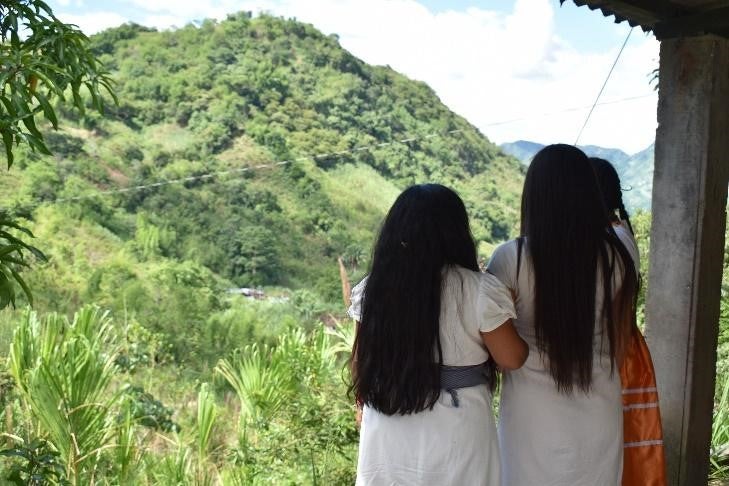
Indigenous Women Circle of Words (Pijao, Embera, Inga, Pastos) from Colombia
The fellows’ project, “Voices of Our Land” is a podcast series that shares the stories of five Indigenous communities of the Inga, Pijao, Pastos, Muisca, and Embera Chami Peoples, and includes productions of audiovisuals on promoting Indigenous cultures, languages, worldviews, and knowledge.
The fellows visited the Embera Chamí community, one out of the five Indigenous communities involved in their project. They learned about and captured the sweetness of sugar cane preparation and witnessed the unification of families and neighbors developing their practices together. They also had the opportunity to speak with leaders, activists, and people with deep ancestral knowledge while documenting their teachings about Mother Earth and the voices of the land.
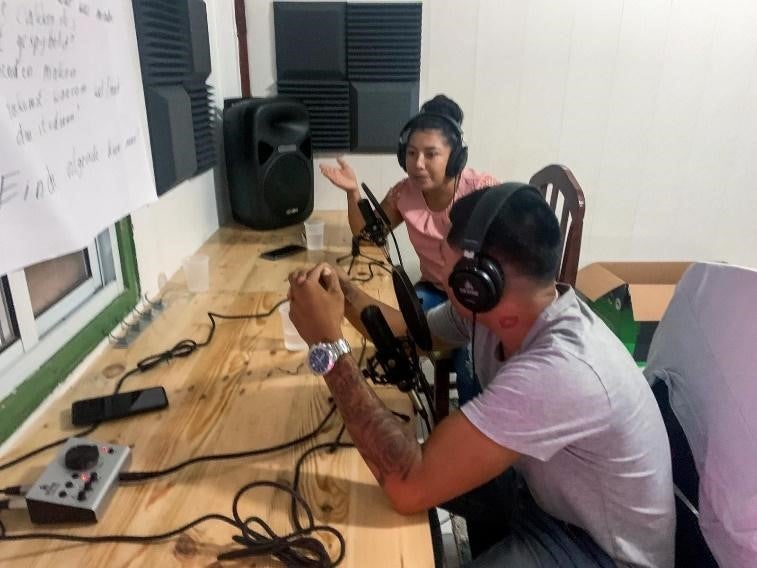
Mulokot Foundation Youth (Wayana) from Suriname
The fellows’ project, Ëhepïtïhnë më wayana peinom ulë teihamo foto po (Four Wayana youth in the city), is a podcast series in which they share their own experiences so that other Wayana youth can hear the challenges of living in two worlds and feel that they are not alone.
Due to the strict COVID-19 measures in Suriname in the months of May and June 2021, the entire country was forced to stay home for several weeks, which made meeting up impossible. However, the Wayana youth have started their training course on interviewing strategies, editing, and video techniques, and they are halfway through the course! They have recorded the first episode of the podcast series, which discusses the pros and cons of moving from an Indigenous village to ‘the big city.’ The first episode is centered around the theme of school, in how youth experienced their time in school. This episode was created by Gio, Jennifer, and Dijon.

Lina Marcela Correa Pitalua (Senú) from Colombia
Lina´s fellowship project, “Jimbusu Communication Training School (Pis, Colibri)", aims to build the capacity of Indigenous communicators in technical, theoretical, conceptual areas in audiovisual and radio production. Out of the four capacity workshops proposed, Lina has delivered the first with the participation of 10 children and youth from Senú and Chamí communities. They received training in public communication policy, interviewing techniques, scriptwriting, and the history of Jimbusu Communication Collective.
Some of the youth had little experience with recording an interview. Lina shared that the youth were very nervous at first when making the recordings. This exercise served as a moment to explain the technical tools in recording audiovisual footage and audio and how to obtain a better sound quality. Fellows made a presentation about a video editing program that will be used in a future workshop exercise.
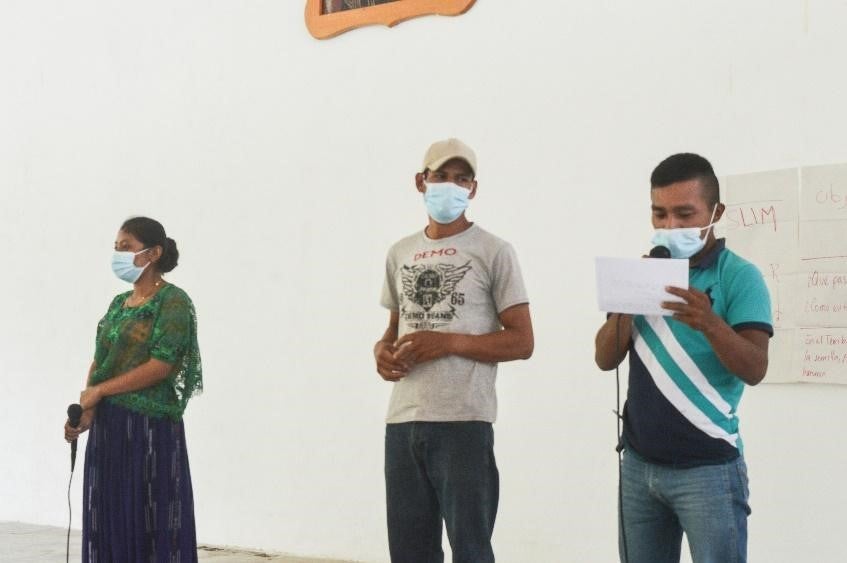
Nikté Bá Velásquez (Q´eqchi´) from Guatemala
Nikté´s fellowship project, “Women Communicators in Guatemala” is to create an online radio and organize capacity building workshops for Indigenous women and youth to become fearless communicators. She delivered the first workshop with communicators from the Sierra de las Minas community in the department of Alta Verapaz in community journalism. The activities carried out showed the importance of community development, trust, and acknowledgment of shared experiences of the social problems experienced in their community. Nikté will continue to deliver more workshops for youth to enhance their abilities in community media.

Erika Gómez Jamioy (Inga) from Colombia
Erika’s fellowship project entitled "Radio Novelo in Revitalizing the Oral Story and Memory of the Inga Peoples'' will be broadcasted as a novela (radio drama) on the Ñugpaman Parshlapuasunchi program airing at Inga Estéreo 98.1 FM. Through the project, Erika seeks to document and share Inga memories, myths, and legends, giving voice to their own narrative in a decolonized communication lens. These mingas (conversations) around the tulpa (fire) will strengthen the use of the Inga language.
The first gathering held in Aponte Indigenous Reserve, department of Nariño, in southern Colombia, had the aim of inviting Inga people to relive memories and be a suitable space to harmonize dialogues. Attendees were previously introduced to a methodology based on a circle of words, which enabled them to identify which stories need to be preserved in the community. This process will be repeated in three communities of the reservation (Aponte, San Francisco, and Granadillo). The activities were held with the accompaniment of the spirit of fire and incense during cleansing rituals with eucalyptus to purify the air, in the prevention of the recent COVID-19 pandemic.
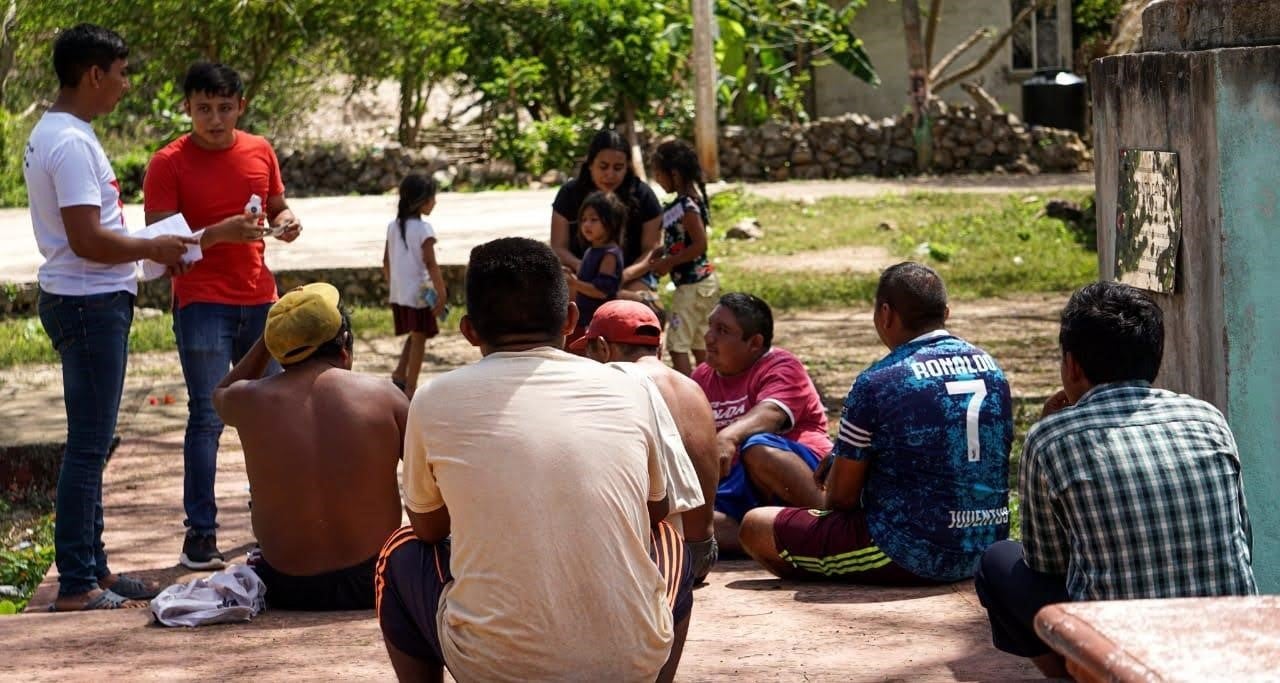
Juan Apóstol Caamal Pech (Maya Yucatan) from Mexico
Juan’s fellowship project, “Its’atiles,” is about the vast knowledge corn Peoples hold. Juan is creating four digital magazines and organizing eight workshops for two Maya communities of the Yucatan to increase their access to information from the perspective of Maya Peoples.
One of Juan’s goals is to present the digital magazine in “Criterio Ciudadano,” an online publication dedicated to providing information about civil rights. Due to the pandemic, Juan’s goal has not advanced as expected, since many Mayan communities have been affected by the pandemic. So far the only workshop organized was on food for the children of Cisteil, Yaxcabá, in Yucatán, Mexico. Juan continues to offer bilingual information through the digital magazine, which was shared on social media and other means. Check out the publication at: https://www.facebook.com/itsatiloom.

